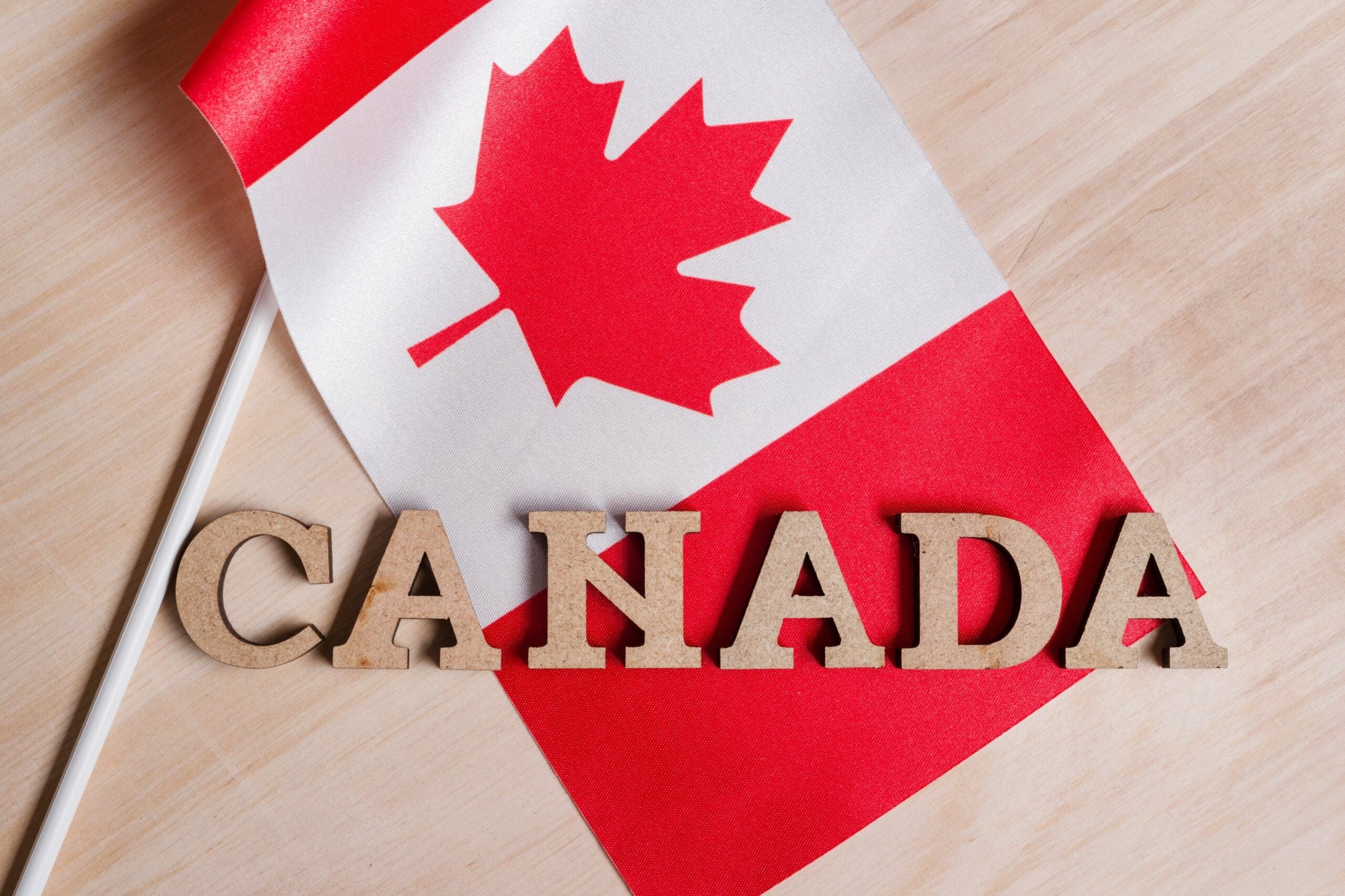See original post here.
The Liberal Party of Canada held its policy convention over the weekend where delegates debated and voted on a number of policy resolutions that could shape the party’s platform for the next federal election.
Some of the most notable non-binding proposals included a push to adopt Universal Basic Income, ending all subsidies to fossil fuel companies, requiring more farmers to reduce their carbon impact and further regulating the internet.
One of the policy resolutions included a new analysis from the Parliamentary Budget Officer on Universal Basic Income and 270 days of consultations with stakeholders to eventually transition into a full program.
The resolution claimed such a measure would reduce poverty and inequality while being adjusted for inflation. According to a 2020 study by the PBO, such a program could cost up to $197.2 billion annually to implement.
“Technology and automation have contributed to job displacement and are shown as main contributors to wage stagnation and to the steadily declining share of Canadian workers’ income over the last 40 years, with nearly half (42%) of Canadian jobs at high risk of automation in the coming years,” read the resolution titled Installing Guaranteed Liveable Basic Income.
The convention also voted in favour of more internet regulation, and proposed to “hold online information services accountable for the veracity of material published on their platforms and to limit publication only to material whose sources can be traced.”
CBC’s Evan Dyer criticized the non-binding motion, arguing that it would “put journalism under government control, and spell the end of freedom of the press in Canada.” Dyer argued that recent reports which allege Chinese interference in Canada’s elections would be banned under this motion, as the reports relied on anonymous national security sources.

Additionally, the convention proposed introducing a “truth in political advertising” legislation with its own oversight body.
In a blog post, University of Ottawa Canada Research Chair in Internet and E-commerce Law Michael Geist, wrote that such a proposal was a form of speech regulation.
“Indeed, these resolutions are only the latest in a series of legislative and policy measures in which the government and the governing party have become increasingly comfortable with speech regulation that raises serious constitutional concerns,” wrote Geist.
Another proposal called on the federal government to end all fossil fuel subsidies before the year 2025, phasing out all direct and indirect forms of funding or incentives.
“It is far less costly to shift our economy away from fossil fuels and adapt to climate impacts than it is to pay the price for climate disasters,” argued the resolution.


Also on the climate change front, one of the resolutions suggested that major commercial streets in large cities be shut down to test pilot “walkable cities” and completely cut out vehicle traffic in designated areas.
“In order to remain economically, socially, and culturally competitive with the rest of the world, the Government of Canada must incentivize cities to enact policies that make their communities more walkable and bikeable,” claimed the resolution.
Measures to further incentivize farmers to cut down on carbon emissions were also discussed.
Delegates also proposed creating a “task force” for a green transition for the Prairies.
“(The) Liberal Party of Canada urges the Government of Canada to develop a high-profile taskforce to coordinate local engagement and cooperation in federal programs to facilitate the transition to a green economy on the Prairies while addressing alienation,” the proposal stated.
The motions passed at the Liberal national convention were non-binding, meaning the government neither has to accept or reject the recommendations. For example, although electoral reform was one of the proposed policies, Prime Minister Justin Trudeau shut down the idea over the weekend.
“The fact is, there is no consensus,” Trudeau said.
“I’m going to stay focused on the things that matter the most to Canadians.”























